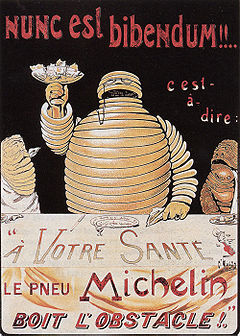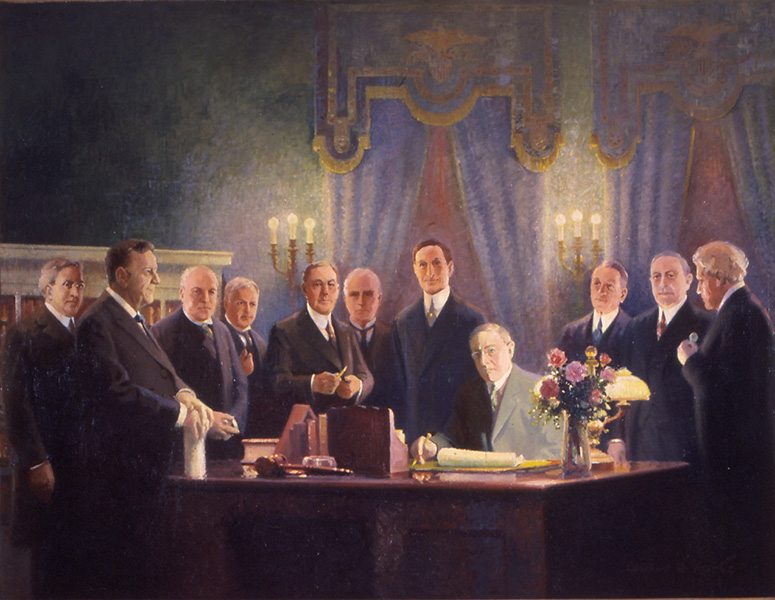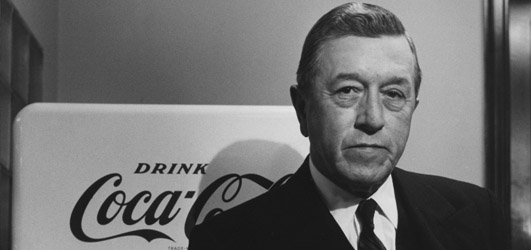
This Day in Business History: St. Valentine’s Day Becomes Big Business
February 14, 1913: Hall Bros. of Kansas City, MO (later known as Hallmark) offers its first valentine postcards. Two years later, a fire would destroy all of their inventory, forcing them to buy printing equipment to start mass producing their own valentine cards in 1916. No one knows the exact origins of the holiday, but it’s predecessors Read More …









